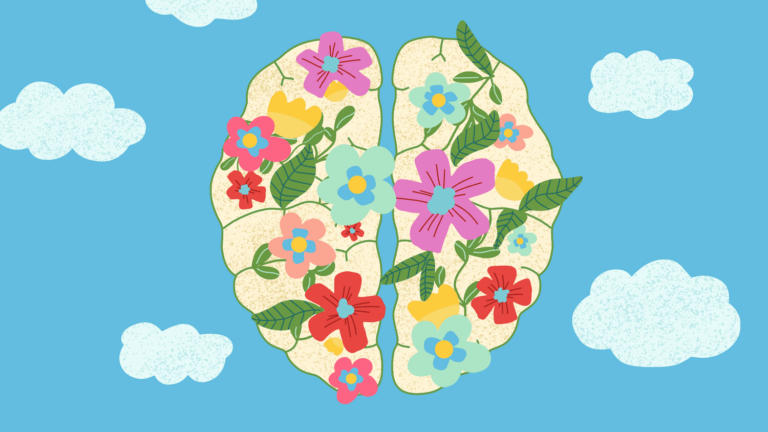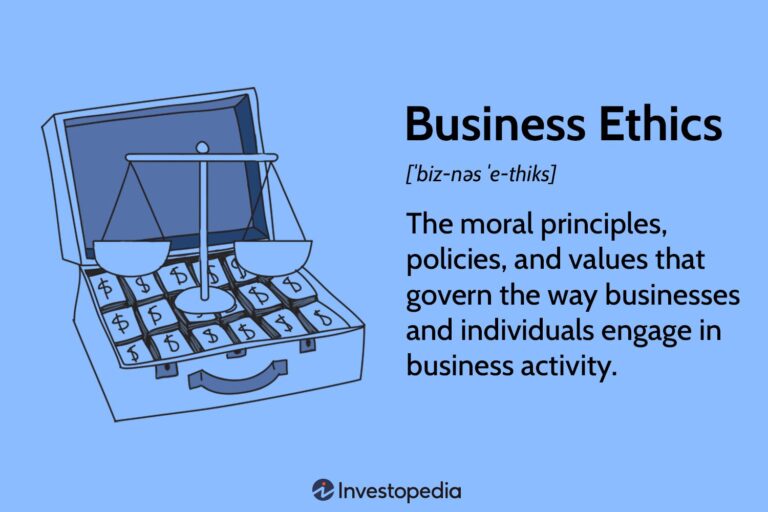The Influence of Ancient Philosophies in Modern Life
Ancient philosophies shape modern life by influencing ethical values, decision-making, and personal well-being. They provide timeless wisdom and practical guidance.
Ancient philosophies, such as Stoicism, Confucianism, and Buddhism, hold significant relevance in contemporary society. These age-old teachings offer profound insights into living a balanced and fulfilling life. Stoicism encourages resilience and emotional control, which are vital in today’s fast-paced world.
Confucianism emphasizes the importance of relationships and social harmony, aligning with modern values of community and cooperation. Buddhism promotes mindfulness and inner peace, addressing modern mental health challenges. Integrating these philosophies into daily life can enhance personal growth, ethical behavior, and overall well-being. By studying ancient wisdom, individuals can navigate modern complexities with greater clarity and purpose.
Introduction To Ancient Philosophies
Ancient philosophies have shaped our world in many ways. These philosophies offer timeless wisdom. They influence our thoughts, actions, and beliefs today.
Historical Background
Ancient philosophies originate from various cultures. Some of the most notable include Greek, Chinese, and Indian philosophies.
| Philosophy | Origin | Key Figures |
|---|---|---|
| Greek Philosophy | Greece | Socrates, Plato, Aristotle |
| Chinese Philosophy | China | Confucius, Laozi |
| Indian Philosophy | India | Buddha, Mahavira |
These philosophies have laid the groundwork for many modern ideas. They have addressed questions about life, existence, and happiness.
Relevance Today
Ancient philosophies still matter today. They guide our daily lives and decision-making processes.
- Mindfulness: Originates from Buddhist practices. Helps reduce stress.
- Ethics: Inspired by Socratic and Confucian teachings. Guides moral behavior.
- Stoicism: Promotes resilience. Helps in facing life’s challenges.
These philosophies offer practical solutions. They help us navigate modern life’s complexities.

Credit: medium.com
Stoicism In Daily Life
Stoicism, an ancient Greek philosophy, offers practical wisdom for modern times. It teaches resilience, mindfulness, and self-control, helping us navigate daily challenges. Let’s explore how Stoicism can be integrated into our daily routines.
Core Principles
The core principles of Stoicism focus on virtue, wisdom, and tranquility. These principles guide our thoughts and actions.
- Virtue: Act with moral excellence in every situation.
- Wisdom: Seek knowledge and understand the world.
- Tranquility: Maintain inner peace despite external events.
Practical Applications
Applying Stoicism in daily life can bring significant benefits. Here are some practical applications:
| Application | Description |
|---|---|
| Morning Reflection | Start your day by reflecting on your goals and intentions. |
| Mindfulness | Stay present and aware in each moment. |
| Negative Visualization | Imagine worst-case scenarios to build resilience. |
| Gratitude | Focus on what you have, not what you lack. |
Incorporate these practices into your routine:
- Wake up and set positive intentions.
- Practice mindfulness throughout the day.
- Reflect on possible challenges calmly.
- End the day with gratitude.
These practices can help you lead a more balanced life.
Epicureanism And Happiness
Epicureanism, an ancient philosophy, promotes simple pleasures for a happy life. This philosophy, founded by Epicurus, has influenced modern views on happiness. Epicureanism emphasizes living wisely, enjoying moderate pleasures, and avoiding pain.
Philosophical Tenets
Epicureanism focuses on three main tenets:
- Moderation: Enjoying life’s simple pleasures without excess.
- Wisdom: Seeking knowledge to understand the world.
- Friendship: Valuing close relationships for emotional support.
Epicurus taught that true happiness comes from inner peace. He believed in avoiding unnecessary desires. This helps in reducing stress and achieving tranquility. He also emphasized the importance of understanding nature and the limits of desire.
Modern Pursuits Of Joy
Modern life often involves a constant chase for happiness. Many people seek joy through material possessions and achievements. Yet, these pursuits can lead to stress and dissatisfaction.
Here is how Epicureanism can help:
| Epicurean Tenet | Modern Application |
|---|---|
| Moderation | Practice mindful spending and enjoy simple activities. |
| Wisdom | Invest time in learning and self-reflection. |
| Friendship | Build strong, supportive relationships. |
By adopting these principles, we can find more contentment. Mindful living, knowledge, and friendships enrich our lives. This balance aligns with Epicurean philosophy, showing its timeless relevance.

Credit: www.collegenp.com
Confucian Values
Confucian values have shaped cultures for centuries. These principles, rooted in Confucius’ teachings, emphasize harmony, respect, and duty. Even today, many people find guidance in these ancient values.
Ethical Framework
Confucian values provide a strong ethical framework. They focus on five key relationships:
- Ruler and subject
- Father and son
- Husband and wife
- Older sibling and younger sibling
- Friend and friend
Each relationship has specific duties. For example, a ruler should be just. A subject should be loyal. This creates mutual respect and harmony.
Impact On Society
Confucian values deeply impact society. They stress the importance of education. Everyone should strive to learn and grow. This leads to a more informed society.
The values also promote family bonds. Respecting elders and caring for family members are vital. These principles strengthen family ties.
Finally, Confucian values encourage community service. Helping others is seen as a duty. This fosters a caring and united community.
Buddhist Mindfulness
Buddhist mindfulness has roots in ancient Eastern traditions. It now influences modern life in profound ways. This practice helps people achieve calm and clarity. Let’s explore how Buddhist mindfulness impacts daily routines and mental health.
Meditation Practices
Buddhist mindfulness involves various meditation practices. These techniques help focus the mind and reduce stress. Common practices include:
- Breath Awareness: Paying attention to the breath, promoting calm.
- Body Scan: Focusing on different parts of the body, easing tension.
- Walking Meditation: Mindfully walking, enhancing awareness of surroundings.
Regular meditation can improve concentration. It also reduces anxiety and increases overall well-being.
Mental Health Benefits
Practicing Buddhist mindfulness offers significant mental health benefits. These benefits include:
| Benefit | Description |
|---|---|
| Reduced Stress | Meditation lowers stress levels and promotes relaxation. |
| Improved Focus | Mindfulness enhances concentration and cognitive function. |
| Emotional Regulation | Helps manage emotions, reducing reactivity to negative events. |
Incorporating these practices into daily life can transform mental health. Mindfulness encourages a balanced and peaceful mind.

Credit: www.amazon.com
Plato’s Idealism
Plato was a Greek philosopher. His ideas still shape our world today. One of his key ideas is Idealism. This idea explores the nature of reality and human knowledge. Plato believed that the material world is not the real world. Instead, he thought the real world is a world of ideas or “forms”.
Theory Of Forms
Plato’s Theory of Forms states that everything we see is a shadow of the true form. For example, a chair in your room is not the true form of a chair. The true form of a chair exists in a different realm. This realm is eternal and unchanging. This idea helps us understand the difference between reality and perception.
Influence On Education
Plato’s ideas have a big impact on education. He believed education should focus on understanding these forms. This means learning should help us see beyond the material world. His thoughts led to the development of the Academy, the first institution of higher learning in the Western world.
Plato’s educational model includes:
- Teaching through dialogue and questioning.
- Focusing on critical thinking.
- Encouraging students to seek deeper truths.
Today, many teaching methods still use these principles. Schools and universities focus on developing critical thinking skills. They encourage students to ask questions and seek deeper understanding.
Aristotelian Logic
Aristotelian Logic is a system of reasoning developed by the Greek philosopher Aristotle. It forms the basis of many modern logical systems. This ancient philosophy has profoundly impacted scientific methods and critical thinking.
Scientific Method
The scientific method relies on Aristotelian Logic. It involves observation, hypothesis, and experimentation. This logical approach helps scientists understand the world.
- Observation: Gather data through senses.
- Hypothesis: Form an educated guess.
- Experimentation: Test the hypothesis.
These steps ensure accuracy and reliability in scientific findings. Without Aristotelian Logic, modern science would lack structure.
Critical Thinking
Critical thinking uses principles from Aristotelian Logic. It involves analyzing and evaluating information. This skill helps us make better decisions.
- Identify the problem.
- Gather information.
- Analyze the information.
- Make a decision.
Critical thinking helps us solve problems effectively. It improves our reasoning and decision-making skills.
| Concept | Application |
|---|---|
| Scientific Method | Used in research and experiments. |
| Critical Thinking | Used in everyday problem-solving. |
Integration In Modern Philosophy
Ancient philosophies still shape our modern thoughts and actions. They offer timeless wisdom. These teachings influence our daily lives and decisions. Modern philosophers integrate these ancient ideas, creating a bridge between past and present.
Continued Influence
Ancient philosophies like Stoicism and Confucianism guide today’s thinkers. Stoicism teaches resilience in tough times. Confucianism promotes respect and harmony. These ideas influence our personal and professional lives.
In businesses, leaders use ancient wisdom for better decision-making. They adopt Stoic principles to stay calm during crises. Confucian values help in building strong teams.
| Philosophy | Modern Application |
|---|---|
| Stoicism | Resilience and calmness |
| Confucianism | Respect and teamwork |
Philosophical Evolution
Modern philosophy evolves by integrating ancient thoughts. This evolution creates a rich blend of ideas. Philosophers today build on ancient wisdom to address new challenges.
They combine Stoic principles with modern psychology. This combination helps in mental health therapies. Confucian ideas merge with contemporary ethics. This merger promotes social harmony.
- Stoicism and mental health
- Confucianism and social ethics
Ancient philosophies enrich modern philosophical debates. They provide a solid foundation for exploring new ideas. This integration ensures that ancient wisdom remains relevant.
Conclusion
Ancient philosophies continue to shape modern life in significant ways. Their wisdom offers timeless guidance on ethics and well-being. Embracing these teachings can lead to a more balanced and meaningful life. By integrating these age-old principles, we can navigate today’s complexities with greater clarity and purpose.
Explore these philosophies to enrich your daily living.







